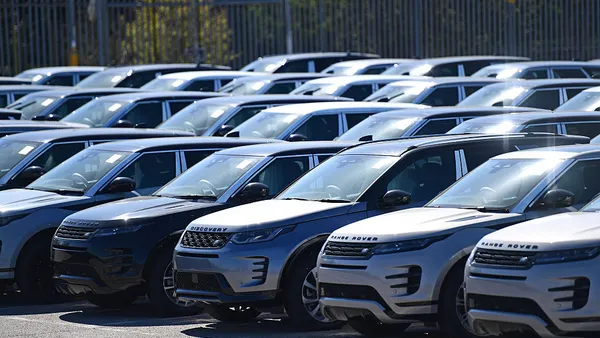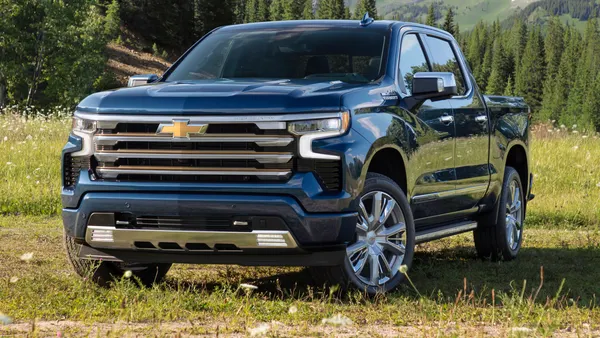Editor's note: This story is part of the WardsAuto digital archive, which may include content that was first published in print, or in different web layouts.
New guidelines for fleet operators worldwide recommend they buy only vehicles with top ratings for safety.
The Global New Car Assessment Program (NCAP) guidelines issued during a meeting in Melbourne, Australia, advise fleet purchasers to confirm the vehicles they buy meet the most important minimum United Nations vehicle-safety standards and have a NCAP 5-star safety rating.
Global NCAP acts as a global platform for NCAPs around the world to exchange best practices in consumer-oriented vehicle-safety initiatives. Global NCAP also provides financial and technical assistance to new programs in the rapidly motorizing countries and regions of Asia and Latin America. There now are nine NCAP programs or similar automobile consumer-test organizations.
Global NCAP Secretary General David Ward says any fleet-operating organization can improve safety by carefully selecting the vehicles it uses.
Ward says in a statement that for companies with global operations and fleets, the lack of regulation by governments in emerging markets and the absence of independent crash tests has become a real concern.
Of the record 65 million passenger vehicles built last year, as many as a third would fail to pass the UN’s front and side crash tests, and do not have airbags, antilock brake systems or electronic stability control.
“By following Global NCAP’s new guidelines it will be easier for organizations to ensure that the safety of their vehicle fleet provides acceptable levels of protection to their employees,” Ward says.
Motivated by a combination of duty and care for employees, corporate social responsibility and effective cost controls, Global NCAP says a growing number of organizations are introducing fleet-safety policies and selecting only 5-star cars for their employees.
These include BHP Billiton, the world’s largest mining company, and the governments of Australia and Sweden.
Ward says this approach is consistent with the recommendations of the UN Decade of Action for Road Safety launched in 2011, which encourages “managers of government and private sector fleets to purchase, operate and maintain vehicles that offer advanced safety technologies and high levels of occupant protection.”
Global NCAP’s guidelines also will help organizations aiming to adopt the new road traffic safety standard ISO 39001, which identifies vehicle safety as a significant factor for fleet operators seeking to reduce death and injury in road crashes.
The guidelines suggest fleet operators ask manufacturers to confirm the vehicle passes the minimum UN safety regulations concerning seat belts and front and side crash tests.
Vehicles that meet regulations for ESC and pedestrian protection also are rated as strongly preferred, and a new crash-avoidance technology, autonomous emergency braking, is highly recommended.
Global NCAP Chairman Max Mosley says if a company provides a car for employees to use, it should be as safe as reasonably possible and a 5-star or Top Pick safety rating is the best indication of this.
“It’s prudent also to check whether cars also meet the UN’s minimum safety regulations,” Mosley says. “With so many global brands neglecting to apply these regulations, fleet managers and company-car drivers should not assume basic safety comes as standard.”











